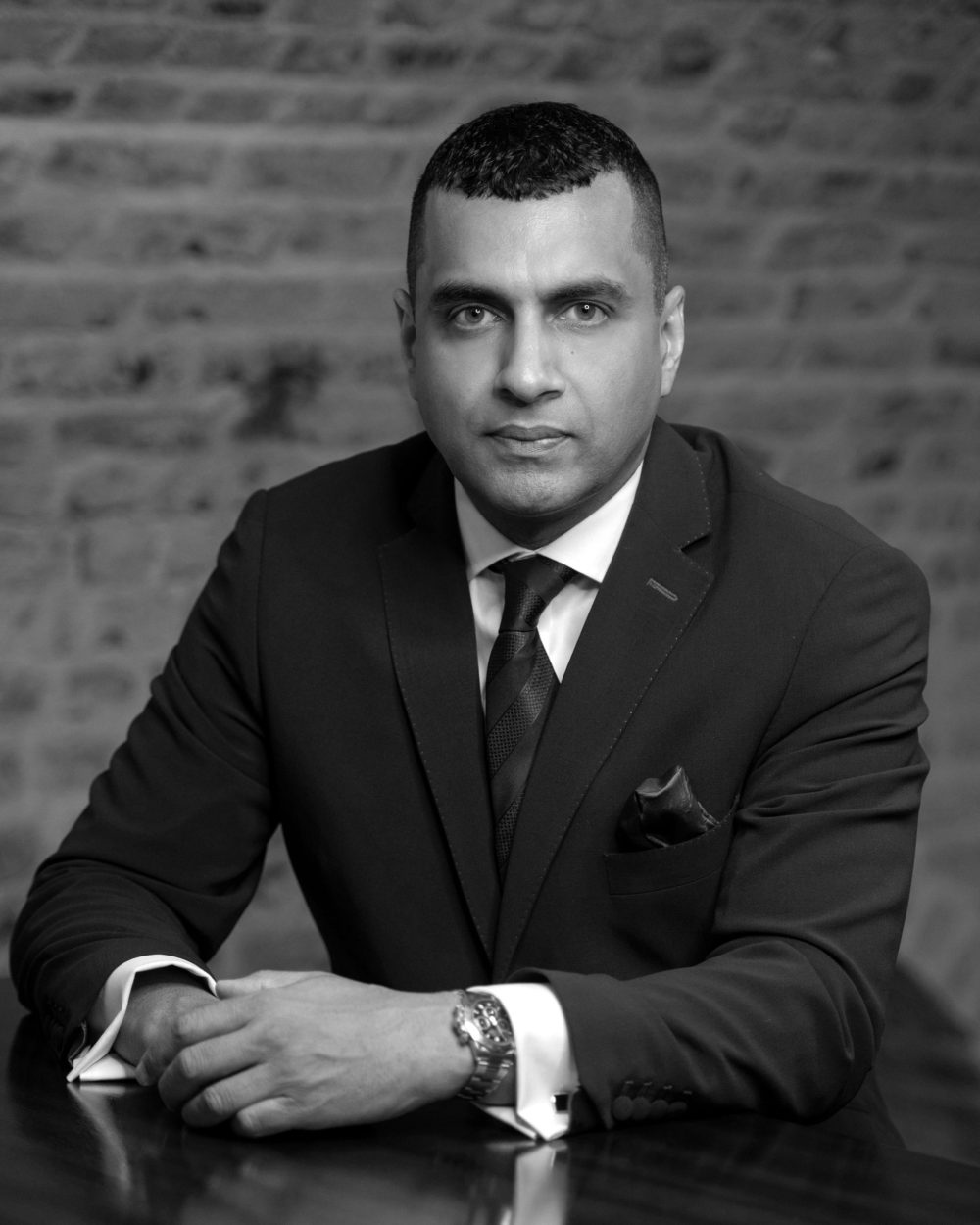Abuse Of Trust Allegations
Protecting Your Rights in Abuse of Trust Cases
If you are facing charges or allegations of Abuse of Trust under Sections 16 - 24 of the Sexual Offences Act 2003, it is crucial to have experienced legal representation. These serious charges can have a profound impact on both your personal and professional life. At KANGS, our solicitors have a wealth of experience in defending individuals accused of these sensitive and complex offences.
Our team of dedicated criminal defence solicitors understand the nuances of the Sexual Offences Act and are committed to providing a strong defence for our clients. With a history of successfully defending these and similar allegations, we consistently achieve favourable outcomes. We have provided representation for:
- Teachers
- Coaches
- Healthcare professionals
- Employers and employees
- Religious leaders
Our Approach
At KANGS, we take a strategic yet compassionate approach to defending our clients’ rights. Our legal team meticulously review all the evidence and details of a case to build a strong defence strategy.
Whether you need clear and concise legal advice or strong representation in court, we are committed to keeping you informed throughout the legal process and your options at every stage, ensuring you feel confident in your defence.
Being falsely accused of Abuse of Trust can be overwhelming and we recognise the personal and emotional impact such allegations can have. You do not have to face this alone. Contact us for a consultation and let us provide the expert legal defence you need to navigate this challenging time.
Testimonials
Got a question?
How can KANGS help?
Our team of specialist solicitors provide the following services:
- Initial Consultation and Legal Advice: Confidential consultation to discuss the case details, provide an initial assessment and advise on legal rights and options.
- Police interviews: representation during police interviews, ensuring our client's rights are protected.
-
- Representation at a voluntary interview under caution
- Representation at an interview under caution following arrest
- Preparation of pre-charge representations to the CPS or Police
- Representation in Magistrates’ Court and Crown Court proceedings
- Recommendations on selecting a barrister or King's Counsel (KC), as the cross-examination of the complainant and other prosecution witnesses often plays a pivotal role in court proceedings.
Contact KANGS
The expert lawyers at KANGS are available to assist you. We can arrange initial consultations in person, by video call or telephone.
Please contact one of our experts listed below or contact us at:
What is a position of trust?
Legislation:
- Subject to subsection (2), a person looks after persons under 18 if he is regularly involved in caring for, training, supervising or being in sole charge of such persons.
- A person (A) looks after another person (B) on an individual basis if—
-
- (a) A is regularly involved in caring for, training or supervising B, and
- (b) in the course of his involvement, A regularly has unsupervised contact with B (whether face to face or by any other means).
-
Positions of Trust are defined in section 21 and 22 of the Act and cover the following possibilities:
-
- Looking after persons in educational establishments
- Residential settings
- Hospital, clinic, care homes, or children’s homes
Abuse of Trust Offences Explained
Section 16 – Sexual Activity With A Child
A person aged 18 or over (A) commits an offence if:
- he intentionally touches another person (B)
- the touching is sexual
- A is in a position of trust in relation to B
- where subsection (2) applies, A knows or could reasonably be expected to know of the circumstances by virtue of which he is in a position of trust in relation to B, and
- either-
(i) B is under 18 and A does not reasonably believe that B is 18 or over, or
(ii) B is under 13
Section 17 – Causing Or Inciting A Child To Engage In Sexual Activity
A person aged 18 or over (A) commits an offence if:
- he intentionally causes or incites another person (B) to engage in an activity
- the activity is sexual
- A is in a position of trust in relation to B
- where subsection (2) applies, A knows or could reasonably be expected to know of the
circumstances by virtue of which he is in a position of trust in relation to B, and - either—
(i) B is under 18 and A does not reasonably believe that B is 18 or over, or
(ii) B is under 13
Section 18 – Engaging in Sexual Activity in the Presence of a Child
A person aged 18 or over (A) commits an offence if:
- he intentionally engages in an activity
- the activity is sexual
- for the purpose of obtaining sexual gratification, he engages in it
- (i) when another person (B) is present or is in a place from which A can be observed, and
- (ii) knowing or believing that B is aware, or intending that B should be aware, that he is engaging in it,
- (d) A is in a position of trust in relation to B,
- (e) where subsection (2) applies, A knows or could reasonably be expected to know of the
circumstances by virtue of which he is in a position of trust in relation to B, and - (f) either—
(i) B is under 18 and A does not reasonably believe that B is 18 or over, or
(ii) B is under 13.
The Issue of Consent
The age of consent in the UK is 16, however, that rises to 18 where the consensual sexual activity involves one person in a position of trust.
The offences were designed to protect 16 and 17 year olds from being persuaded to engage in sexual activity which would not be criminal except for the offender’s position of trust.
What are the possible defences?
- It would be a defence if ‘A’ held a reasonable belief that ‘B’ was 18 or over.
- ‘A’ would also have a defence if he/she did not know that he/she was in a position of trust or had a reasonable belief that he/she was not in a position of trust.
- If ‘A’ and ‘B’ are married.
- ‘A’ has a defence where he/she can prove that a sexual relationship pre-dated the relationship of trust with ‘B’ (only where that sexual relationship was lawful).
What is the Court Procedure in Abuse of Trust cases?
All of these offences are triable either in a Magistrates’ Court or a Crown Court with the maximum sentence being five years imprisonment.
Who can I contact for help and advice for Abuse of Trust allegations?
It is imperative that you instruct an experienced solicitor as soon as you are made aware of an allegation being made.
Crucially, it is always important to have a solicitor present in interview at the police station whether it is an interview by appointment or under arrest.
News & Insights
Possession of Indecent Images Charges Withdrawn
Get in touch
Send an enquiry





